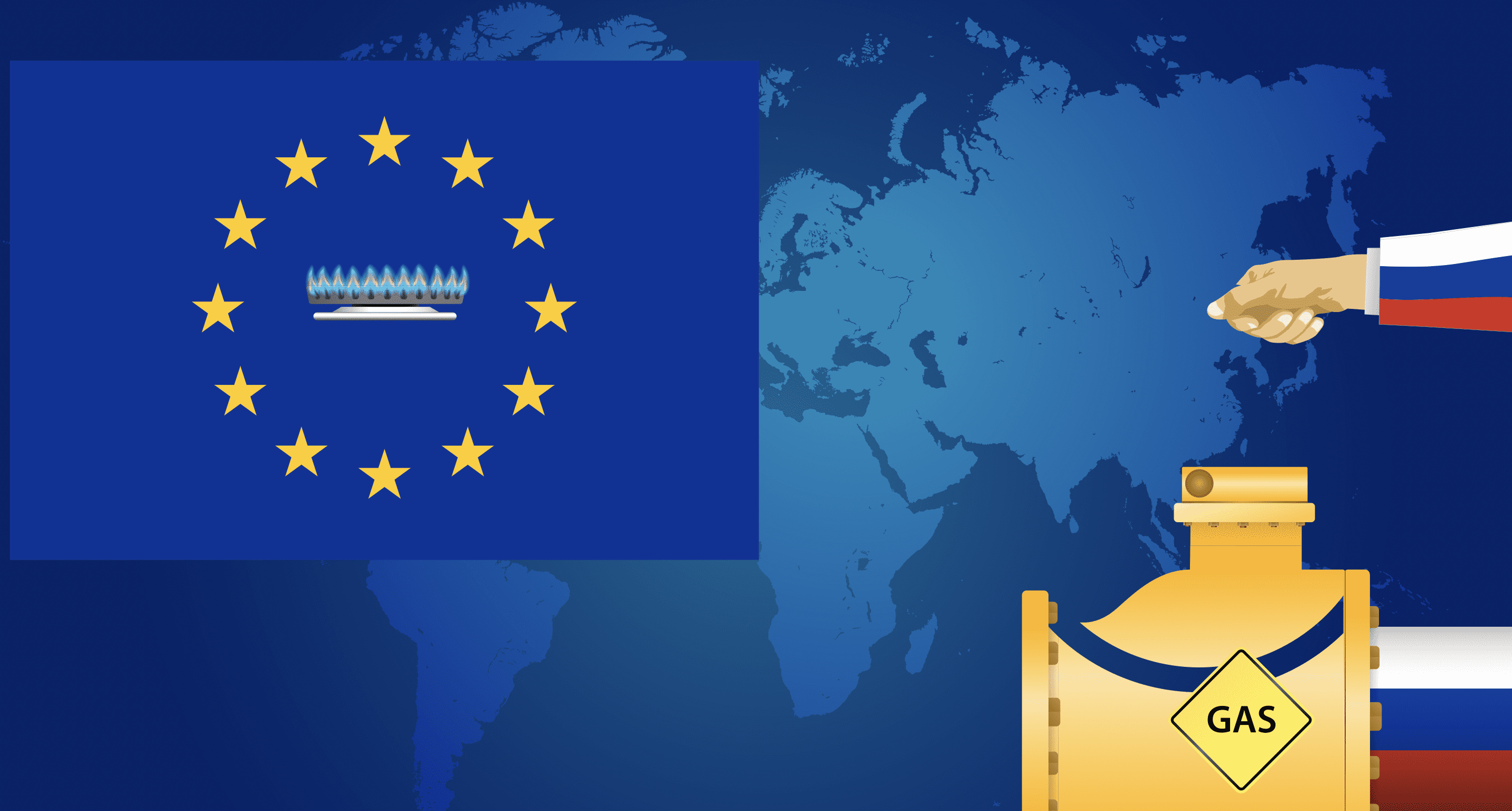
On July 11th, Russia shut down the Nord Stream 1 pipeline for routine maintenance. For ten days, Germans nervously worried over whether the pipeline would reopen after repairs were made. This morning, July 21st, Germany heaved a collective sigh of relief as gas deliveries commenced.
Klaus Müller, president of the Federal Network Agency took to Twitter on Thursday morning to announce that gas flow had resumed at approximately 30% capacity–the same rate at which gas had been delivered prior to maintenance.
While Vladimir Putin repeatedly stressed that Gazprom will continue delivering gas to the full extent of its contractual obligations, deliveries had recently suffered due to a defective gas turbine that had to be sent to Canada for repairs. While Ukraine claimed that a return of the gas turbine would pose a circumvention of sanctions against Russia (The European Conservative reported), Canada did indeed return the turbine, after Germany implored it to do so. In a recent interview, German Foreign Minister Annalena Baerbock (the Greens) even admitted to asking Canadian Prime Minister Justin Trudeau personally to return the turbine, as Germany might otherwise be facing “popular uprisings” if it were to run out of gas.
Contrary to Kremlin rhetoric about compliance of contractual obligations, German politicians repeatedly stressed the unreliability of Russia as a partner. “Moscow is not shying away from using grain and energy deliveries as weapons,” said German Chancellor Olaf Scholz in a recent statement. Kerstin Andrae, Director of the Federal Association of Energy and Water Management, also concluded that, despite the successful completion of the scheduled maintenance, Germany cannot rely on “lasting and reliable deliveries from Russia” anymore. The fact that gas is flowing again, may only be considered a “temporary reassurance.”
The German Tagesschau quoted the Greenpeace energy expert Reenie Vietheer, who cautioned that “no one should find comfort in the news of renewed gas deliveries.” Only “exiting gas as quickly as possible” would provide “safety from Putin’s power games with fossil energy.” Vietheer expects the German government to agree upon “massive energy savings,” for instance, by using heating pumps efficiently, reducing the production of plastics drastically, and speeding up the process of transitioning to renewable energies.
Regardless of such advice, many Germans will be relieved that gas tanks are filling up again. According to the Federal Network Agency gas tank levels are currently at 65%, which may be just enough to prevent worst-case scenarios, such as the need for heating halls in the winter. On top of German gas saving plans, the EU is considering an EU-wide reduction of gas usage by 15% in case of emergency. The European Commission has also asked EU member states for permission to enforce compulsive gas rationing. This, however, would mark a transition of national powers to Brussels and has been met with resistance by Poland and Hungary. The ministers of energy are scheduled to discuss the plan in a meeting on July 26th.
